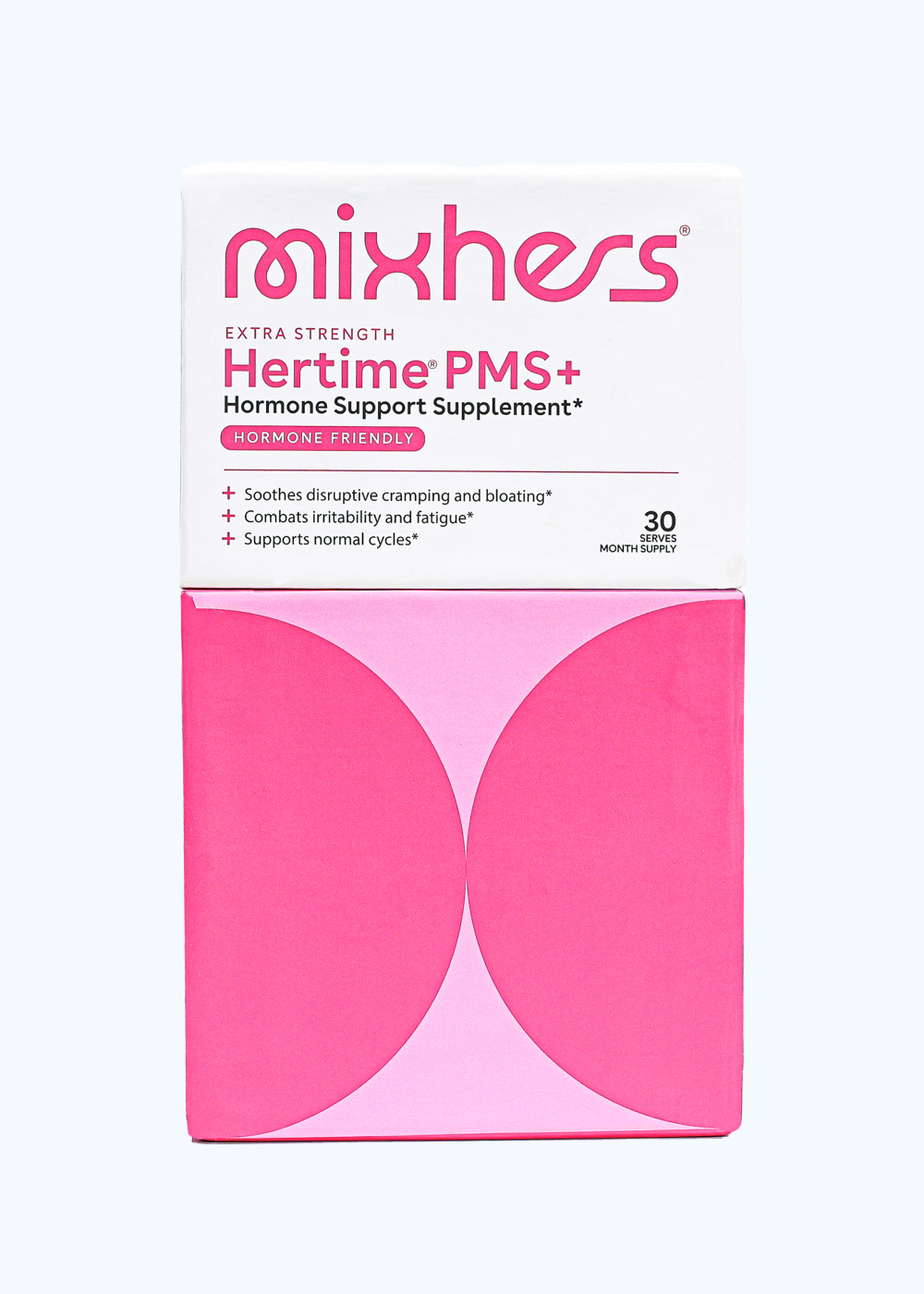Morning sickness is one of the not-so-pleasant aspects of pregnancy. Here's what you should know about what causes it and how you can reduce your nausea.
There's no doubt that pregnancy is one of the most amazing things we can experience as women. To feel another human being developing inside you is almost surreal, and it creates a very special bond between Mama and Baby.
But even the most amazing things in life aren't perfect, and there are some things about pregnancy that are incredibly unpleasant. From constant popping sounds coming from joints that never popped before (and even from joints we never realized we had!) to nausea and vomiting, we ladies have to learn to accept the bad along with all the good. Of course, the end result is so worth the discomfort, but it's still good to know what to expect.
Whether you've had a few babies or you're getting ready to grow your first little miracle, you should be aware that you will likely experience some degree of morning sickness. More than half of all pregnant women do. You might be one of the lucky mamas who only gets a tiny bit of pregnancy nausea, or you may be someone who feels like you're vomiting up your toes every day.
Though every woman is different, it's a good idea to learn what's "normal" regarding morning sickness symptoms. So here are some basic facts you should know about what to expect when morning sickness hits, how to reduce your nausea with help from products like HerBaby, and when to consult your doctor regarding your symptoms.












